Why Choose Off-Grid Solar Power Systems? Key Advantages Explained
With rising environmental awareness and the pursuit of energy independence, off-grid solar power systems are becoming an increasingly popular choice for many homes and businesses. Compared to traditional grid systems, off-grid solar systems offer greater flexibility and independence. This article will delve into the key advantages of choosing an off-grid solar power system, helping you understand why it is an ideal solution for achieving energy self-sufficiency.
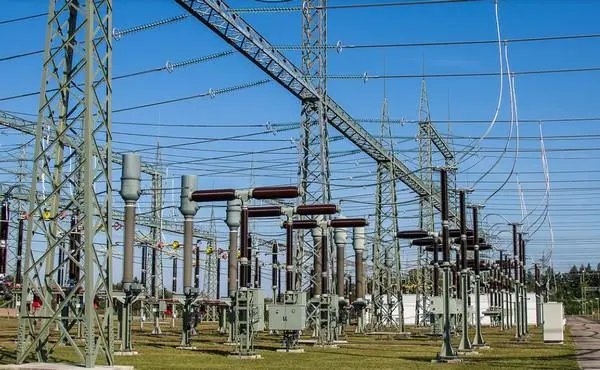
I. What is an Off-Grid Solar Power System?
An off-grid solar power system operates independently of the electrical grid. It collects sunlight through solar panels, converts it into electricity, and stores it in batteries for later use. The system typically includes solar panels, an inverter, storage batteries, and a controller.
II. Key Advantages of Off-Grid Solar Power Systems
Energy Independence
The most significant advantage of an off-grid solar power system is energy independence. Regardless of the availability of the grid, you can rely on the solar system to provide the electricity you need. This is especially important for those living in remote areas or regions prone to frequent grid outages.
Reduced Electricity Costs
Although the initial installation cost is relatively high, an off-grid solar power system can significantly reduce long-term electricity expenses. You no longer need to pay utility bills, as you generate your own solar power to meet daily energy needs. Over time, this system can greatly reduce your electricity costs.
Environmental and Sustainability Benefits
Off-grid solar power systems use renewable solar energy, which helps reduce dependence on fossil fuels and lowers greenhouse gas emissions. By using solar energy, you contribute to reducing your environmental footprint and supporting sustainable development.
Low Maintenance Costs
Modern off-grid solar power systems are designed to be low-maintenance and cost-effective. Solar panels require minimal maintenance and have a long lifespan. Regular cleaning and system checks are typically sufficient to keep the system running efficiently.
Emergency Backup Power
Off-grid solar power systems can serve as backup power sources during grid failures. For areas prone to frequent power outages, these systems offer a reliable solution to ensure that homes or businesses continue to operate under any circumstances.
Increased Property Value
Installing an off-grid solar power system can significantly enhance the market value of your property. More buyers and business owners value energy independence and environmental features, making properties with solar systems more attractive.
III. How to Choose the Right Off-Grid Solar Power System
When selecting an off-grid solar power system, consider the following factors:
- Energy Needs Assessment: Understand the electricity requirements of your home or business to choose a system with the appropriate capacity.
- Installation Environment: Consider the sunlight conditions and space limitations of the installation site.
- Budget: Determine the initial investment and long-term maintenance costs to choose a solution that fits your budget.
- System Components: Select high-quality solar panels, inverters, and storage batteries to ensure system reliability and efficiency.
Conclusion
Off-grid solar power systems offer numerous advantages, including energy independence, reduced electricity costs, environmental sustainability, low maintenance costs, emergency backup power, and increased property value. Choosing the right off-grid solar power system can achieve energy self-sufficiency, meet long-term power needs, and support a green lifestyle. Through this analysis, we hope you gain a better understanding of the key advantages of off-grid solar power systems and make an informed decision.
Contact us
- Email:[email protected]
- Tel: +86 13651638099
- Address: 333 Fengcun Road, Fengxian District, Shanghai
Get A Quote Now!
Read more
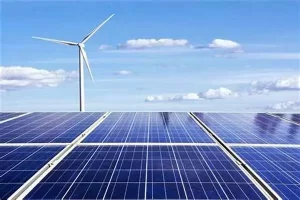
Unveiling Photovoltaic+Energy Storage: Four Major Application Scenarios Leading the Future of Energy
In this way, the energy landscape is evolving, and one of the most thrilling developments in renewables is the integration of photovoltaics energy storage.
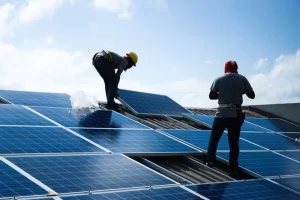
From Theory to Practice: Four Methods for Estimating Photovoltaic Power Generation
Photovoltaic power generation has become an essential part of modern energy solutions, particularly in home solar systems and distributed power applications
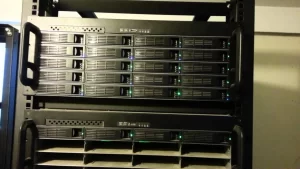
Rack-Mounted Lithium Iron Batteries: Creating Efficient and Reliable Energy Storage Solutions
When it comes to modern energy solutions, rack-mounted lithium iron batteries are taking center stage in a variety of industries. Whether you’re powering data centers, stabilizing energy for households, or keeping critical systems online at 5G base stations, these batteries have become the unsung heroes of our electrified world.
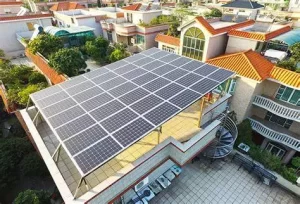
Late Night Energy Saving Tips: How to Maximize Electricity Savings During Off-Peak Hours
With rising energy costs, homeowners are increasingly exploring innovative ways to save on their electricity bills. One effective approach is utilizing off-peak hours—times when electricity rates are significantly lower due to reduced demand.
